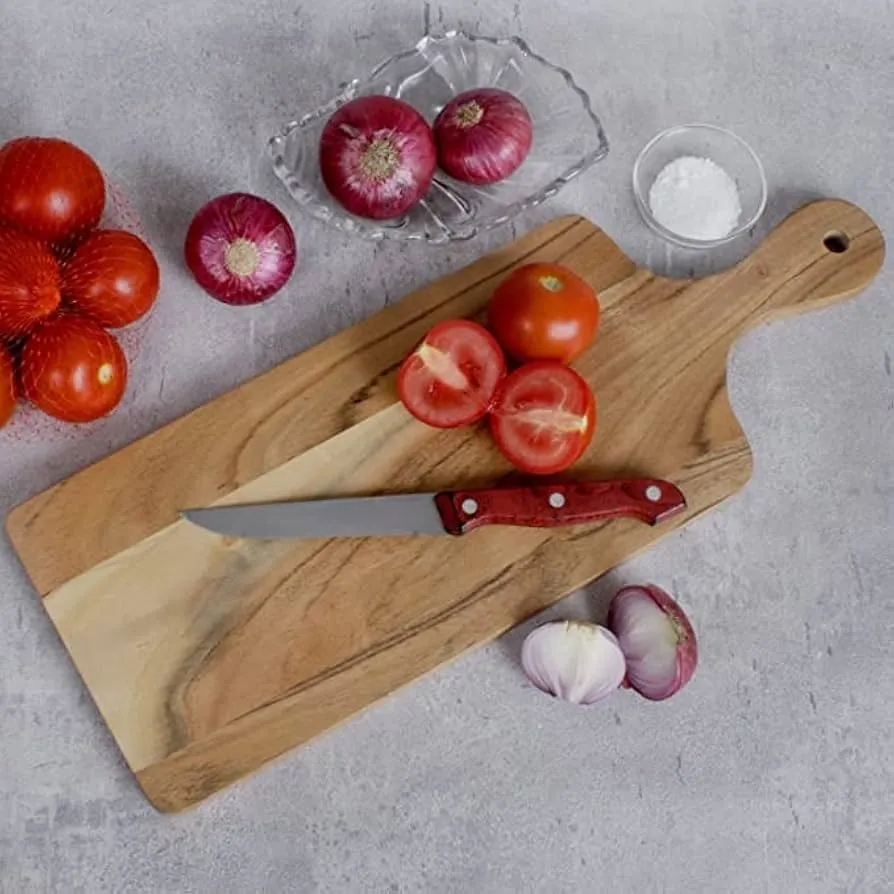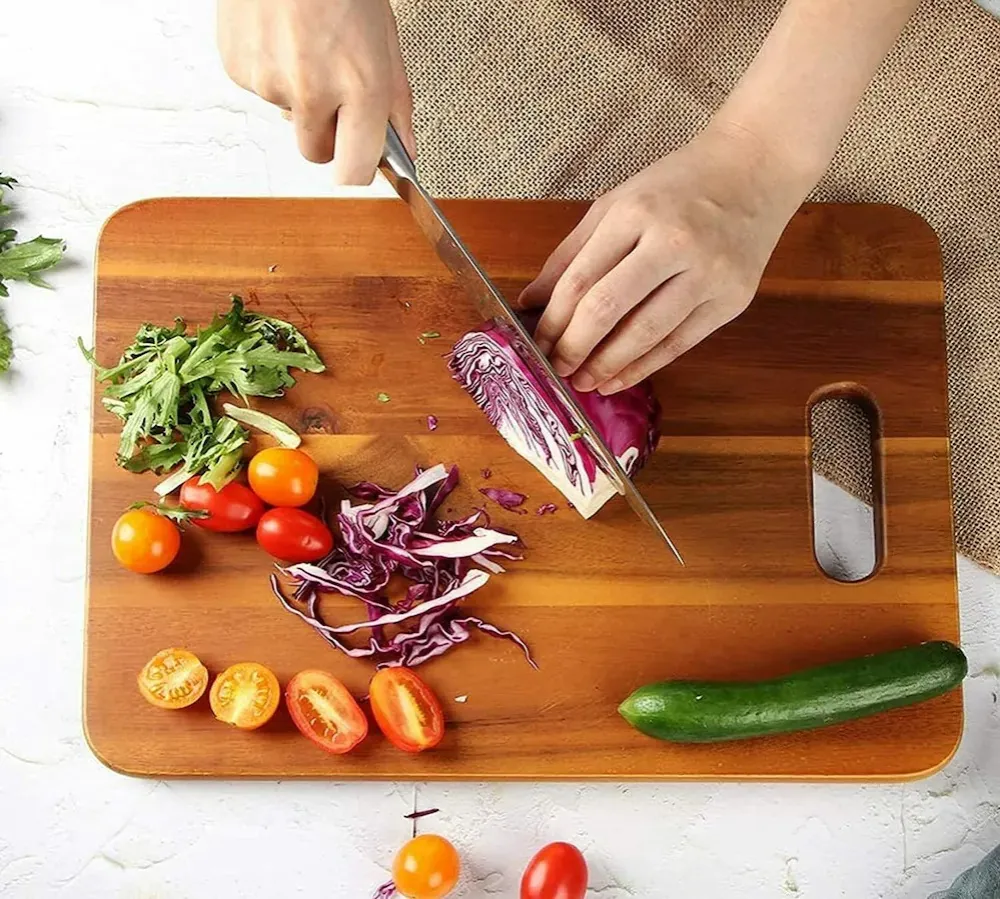Saudi Arabia has introduced stricter regulations for central kitchens serving restaurants and households. The Ministry of Municipalities has proposed banning the use of wooden cutting boards and knives with wooden handles for meat, poultry, and fish. Instead, kitchens must use plastic or other food-safe materials that allow easier cleaning.

Stricter Hygiene and Food Handling Rules
The proposed regulations mandate a designated food preparation area visible to customers. This space must be separated by transparent glass or equipped with cameras and screens. There should also be a dedicated section for handling uncooked food to ensure a streamlined process from receiving to serving, minimizing contamination risks.

No Reuse of Served Food
The draft law strictly prohibits reusing food that has already been served or sold. Restaurants and central kitchens must partner with licensed food preservation groups to distribute surplus food, reducing waste.

Fines for Violations
Saudi Arabia has also intensified penalties for food safety breaches. Facilities can be fined SR2,000 if animals like cats or dogs are found inside. Unauthorized food businesses operating without a municipal license may face fines of up to SR50,000, with repeat violations leading to doubled penalties. These measures aim to enhance food safety and ensure compliance with hygiene standards.
